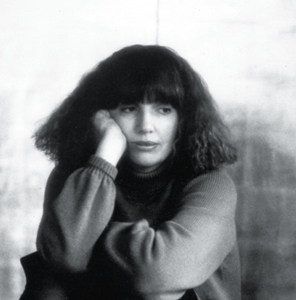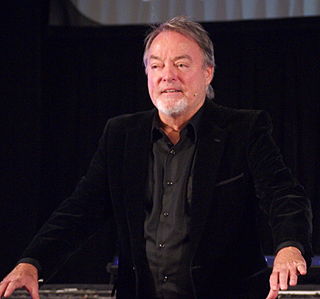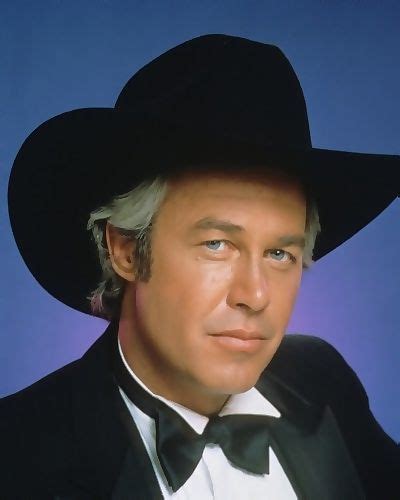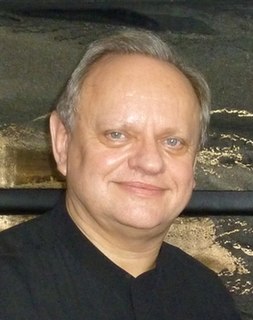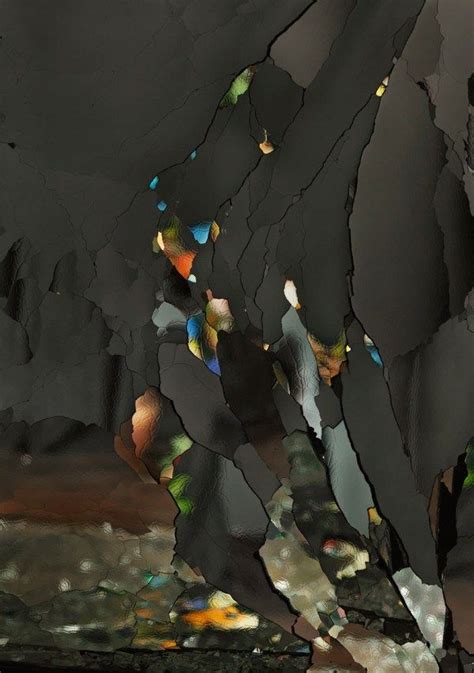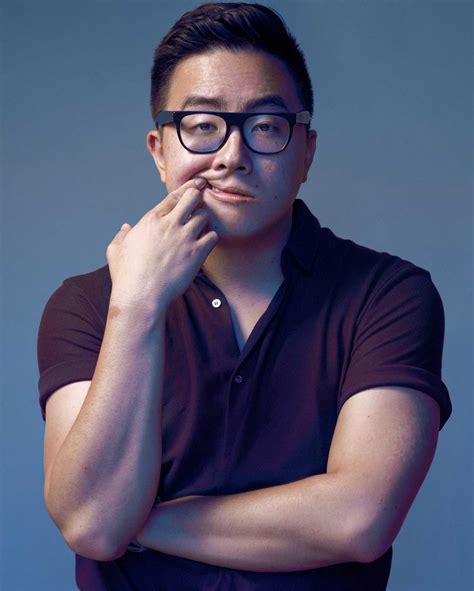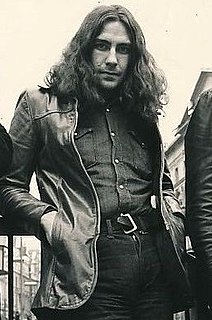A Quote by Deborah Turbeville
A lot of times there were big mistakes, but I would show the art director and he'd say, Yeah, let's go with it. There would be a strange cropping or one girl in focus and three out or a blur. But I would end up liking the mistakes and incorporating them into my work. And I became known for it.
Related Quotes
While I was still going to embrace social media, I knew I had to do things that nobody else was doing. I decided I had to meet as many people as I could - face to face. While most artists would email galleries, I would show up in the lobby. Instead of liking an art show or exhibition, I would go there and meet everyone. And while most would send a magazine a press kit, I go and meet the editor. This notion of face to face contact became my mantra.
In the old days when I first was coming up, you would turn up on set in the morning with your coffee, script, and hangover and you would figure out what you were going to do with the day and how you were going to play the scenes. You would rehearse and then invite the crew in to watch the actors go through the scenes. The actors would go away to makeup and costume and the director and the DP would work out how they were going to cover what the actors had just done.
At the beginning of the Larry Sanders show, you know, we were grateful to get guests. At the end, it was as if we actually were The Tonight Show. People would come on, and it had the same sort of imprimatur as if we were on the air. I've been on a lot of talk shows during that time and since then, and people would come up in the dressing room or in the corridors and say, "You guys got it exactly right." Or they would say, "We have Larry Sanders moments every day."
My mistakes made were learning how to work with different groups of people. I mean, I went to school at Berkeley, which is a pretty diverse group, but working in a professional setting, I hadn't really done that before and learning about office politics, learning about interactions between different people and I made a lot of mistakes there during my time as a young person. I was 19 or 20 at the time. So, I would say those were my biggest career mistakes, but fortunately they were made in the context of an engineering co-op program and not in a professional field.
I was a big fan of a writer named Jack Vance, a science fiction writer. He always wrote about these guys who were either going down a river in a strange world or would be in this one land where people acted really strange, and he'd have these interactions with them that were strange - he'd usually get run out of town or something. Then he'd end up in the next town over where the rules were totally different. And I love this stuff.
If I'm a director and I read a script and I say yeah I really want to do this, I would never walk away because the deal wasn't very good - that I wasn't getting paid very much or that the chances that I would see anything on the back end were remote because of the financial waterfall and the way it's structured. I would never use that as a reason not to do something.
People always say that music is a universal language. It was very, very true. We could show up anywhere with any people speaking different languages and we could just be like, "You want to play that song? Yeah, okay." We would usually want to play Latin American songs, and they would usually want to play Santana or Jimi Hendrix and stuff like that. So we would trade off. So yeah, we were able to make a lot of friends that way and meet a lot of local musicians. It was a great experience.
One of the things I loved about Black Sabbath was, when we were on the road, there were times we had been on the road for so long and we were tired and we were exhausted. We would show up at gigs and we were so tired that we would be fast asleep in the dressing room. Our road manager would come in and say, '20 minutes, guys.'
